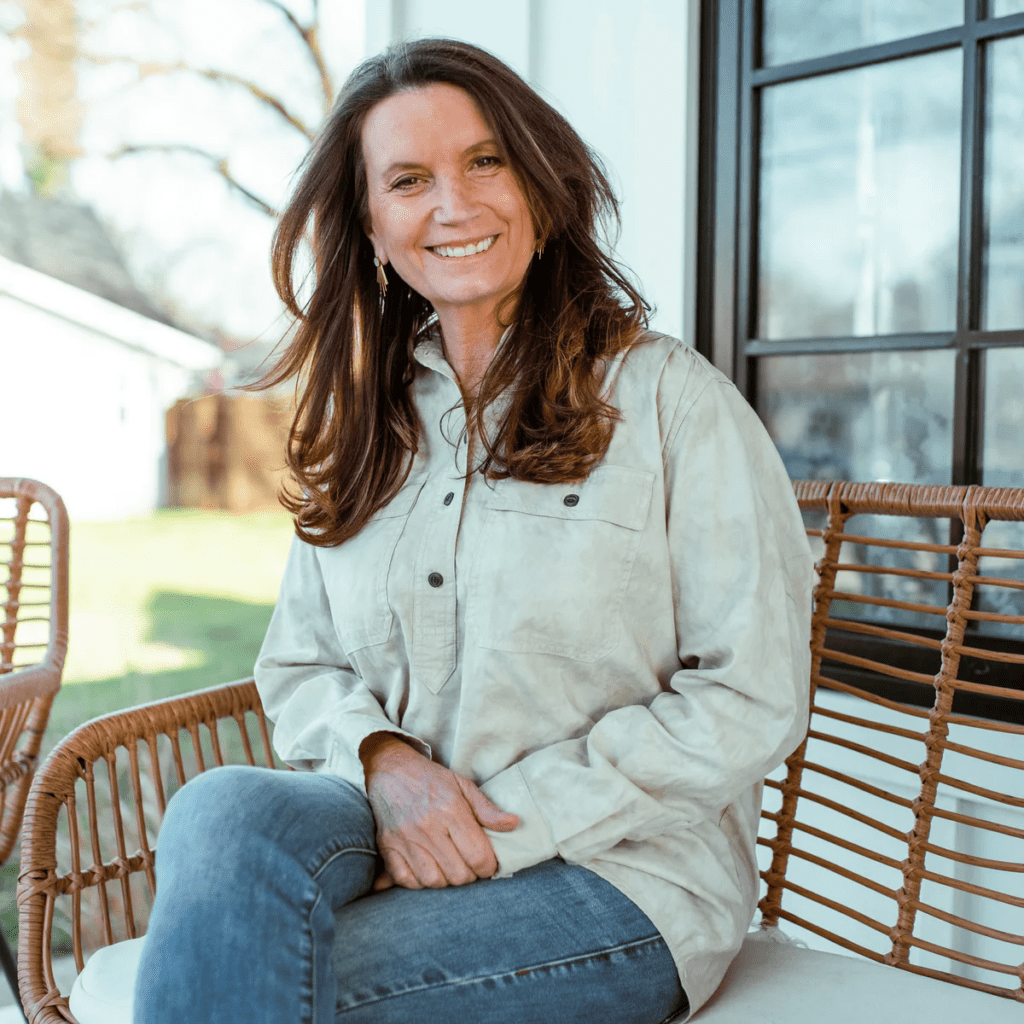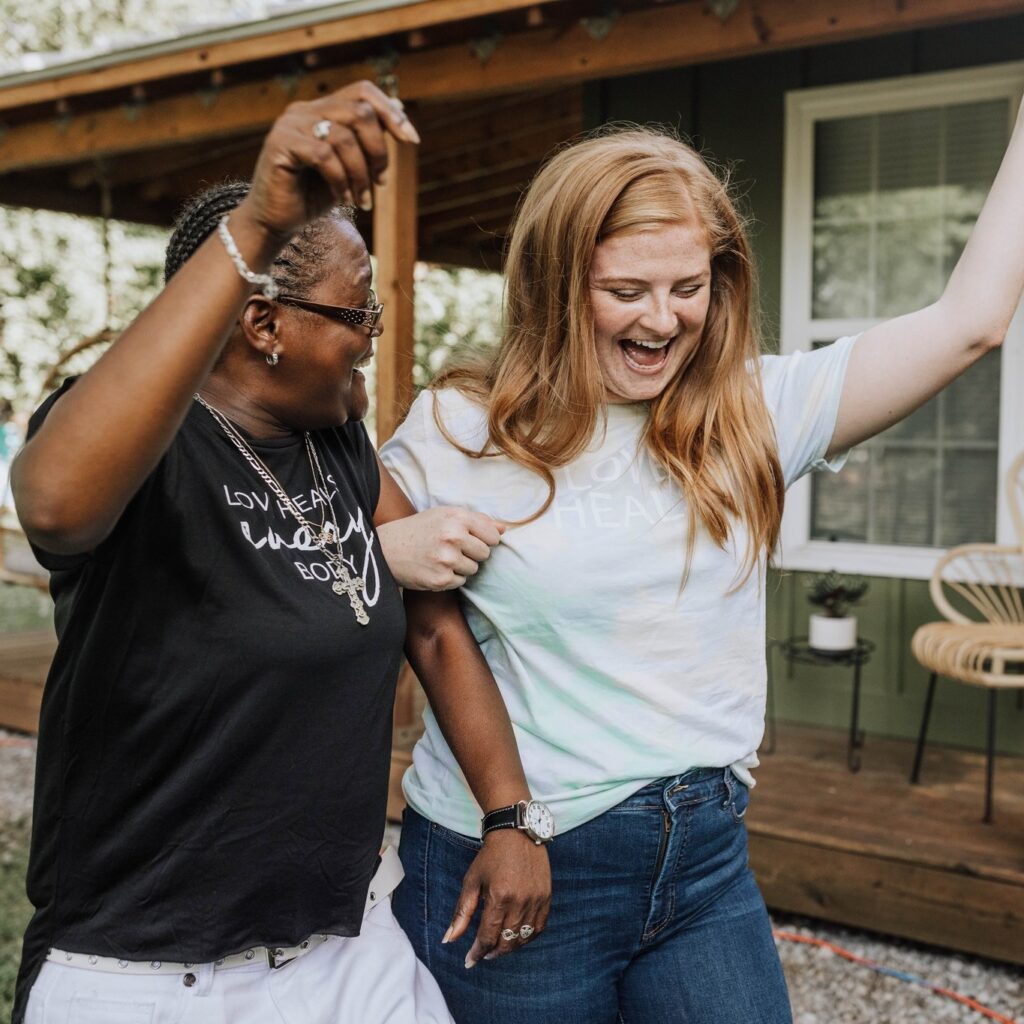Thistle Farms, a nonprofit social enterprise, has been a beacon of healing and hope for women survivors of trafficking, prostitution, and addiction for a quarter of a century.
These courageous women often faced unimaginable traumas, enduring sexual abuse at an early age and succumbing to addiction by their teens.
Thistle Farms offers a place for healing, providing housing, healthcare, counseling, and employment opportunities for two years, all free of charge.
Beyond individual support, the organization challenges systemic issues through public policy advocacy and educational initiatives.
By sharing stories, speaking truth, and listening, they aim to transform the systems that perpetuate exploitation and suffering. In the midst of adversity, they stand together, nurturing strength, compassion, and resilience to mend what’s broken.
The thistle, often dismissed as a weed, holds a deep significance for Thistle Farms. It thrives in the same streets and alleys where the women they serve have walked.
Just like these survivors, thistles have roots that can pierce concrete and endure drought. The symbolism is clear: the resilience, vibrancy, and healing qualities of the thistle mirror the survival and flourishing of the women Thistle Farms supports.
Below is an interview Becca Stevens, President & Founder of Thistle Farms.

Q: What was the origin story of Thistle Farms?
Becca: After early childhood trauma, my purpose became to open a long-term sanctuary for survivors of trafficking, prostitution, and addiction.
In 1997, I opened the first home for five women, offering two years of housing and healing services at no cost to them.
Four years later, the women were making great strides in recovery, but struggling to become financially self-sufficient due to employment barriers.
In 2001, to provide jobs and income for residents, I began a program making candles and body balms, and the first Thistle Farms social enterprise was born.
Q: What is Thistle Farm’s mission and vision?
Becca: We work with survivors of prostitution and exploitation to create communities where women can heal.
Our model provides housing, healthcare, and employment; a network of sister organizations across the United States; a global Shared Trade program; and a community of advocates who believe that love is the most powerful force for change in the world.
Q: How does Thistle Farms impact lives and/or the environment in a positive way?
Becca: Five years after program completion, 75% of graduates are living healthy, independent lives.
The Thistle Farms National Network has 92 sister organizations, with 57 open residential programs, and 35 still in development.
Shared Trade, our model for international trade, addresses exploitation and poverty through a network of 39 partners in 21 countries, who employ over 1,400 artisans.
The justice enterprises create meaningful employment for women survivors, providing healing and nourishing products that are good for the creators, the customers using them, and the earth.





Q: How has Thistle Farms been funded thus far?
Becca: Funding for Thistle Farms, a 501(c)3 non-profit charitable organization, comes from sales revenue at our three social enterprises—Thistle Farms Body & Home, The Cafe at Thistle Farms, and the Global Shared Trade program.
Funding also comes from donations and gifts, including grants from foundations, corporate sponsorships, and contributions from private donations.
Q: What tools do you use to run Thistle Farms?
Various Depts:
Accounting/Finance:
Marketing:
Logistics/Wholesale:
Cafe:
HR:
Fundraising/Development:








